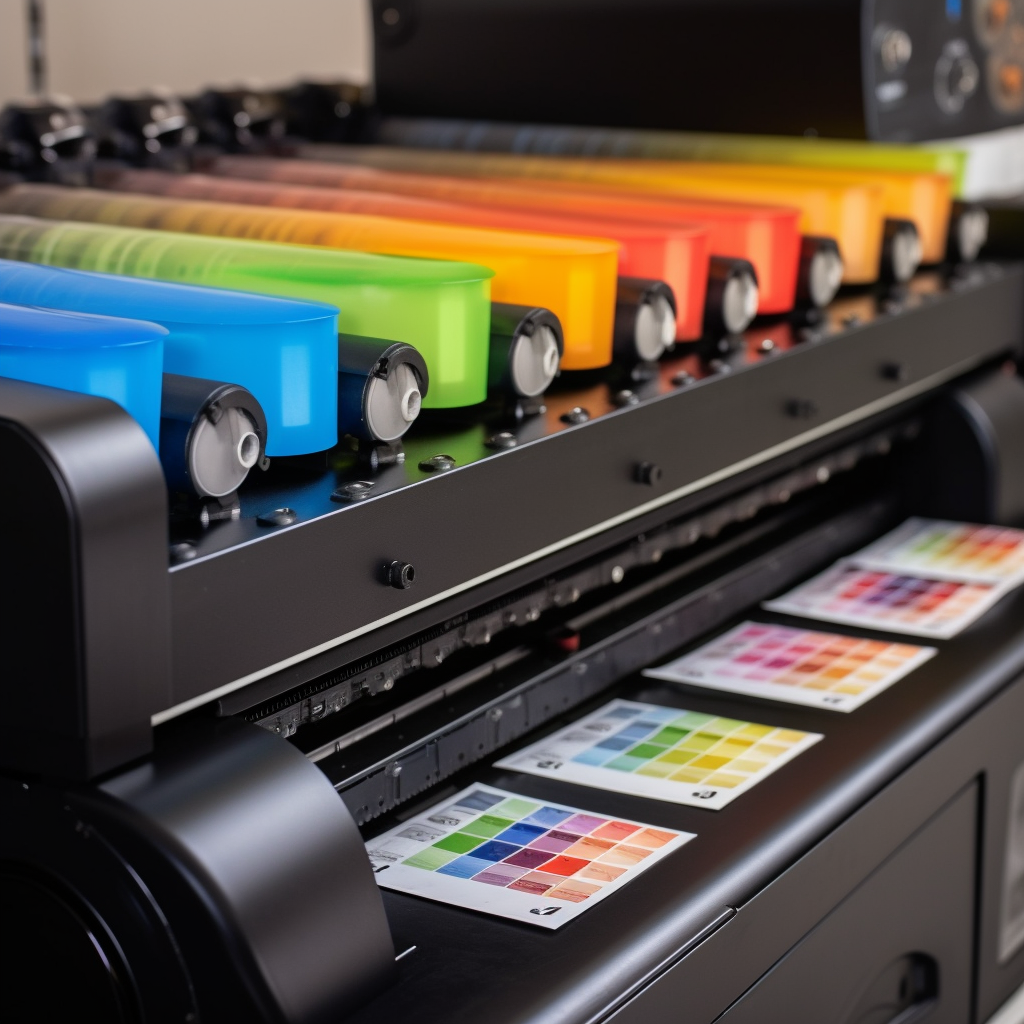
Using labels is a convenient way to identify documents, letters, and products in both office and personal printing needs. A common question for those using inkjet printers is whether laser tags can be used in inkjet printers. In this article, we explore this issue and the feasibility of using laser labels in inkjet printers.
Laser labels are specifically designed specifically for laser printers, which use specific coatings and materials to meet the requirements of laser printing technology. These labels are heat-resistant and can resist the process of high-temperature heating by the laser printer. Laser printers use laser beams to burn images and text onto labels, thus requiring special materials to withstand high temperatures.
In contrast, inkjet printers use inkjet technology to jet ink onto paper to form images and text. The process of ink injection requires that the label should have absorbent ink and fast drying characteristics to ensure that the printing results are clear and not fuzzy.
Thus, although laser labels perform well on laser printers, the use of them on inkjet printers may result in decreased print quality or failure to work properly. Due to the different process of ink inkjet and laser printing, the coating and materials of the laser label may not be compatible with the ink, and the ink may not attach to the label surface, resulting in blurring, faint, or rapid fading of the ink.
To obtain optimal printing results and prevent possible problems, it is recommended to use inkjet labels specifically designed for inkjet printers. These labels are optimized to have coatings and materials suitable for inkjet printing technology to provide clear, accurate printing results.
When purchasing labels, be sure to read the product instructions and specifications carefully to ensure that the selected labels apply to the type of printer you use. If you have any questions, it is recommended to consult the label manufacturer or seller and provide them with your inkjet printer model and the type of print label required for the correct advice and guidance.
In summary, although laser labels perform well on laser printers, they are not recommended in inkjet printers. Inkjet printers require specially designed inkjet labels to ensure printing quality and reliability. The coating and material of the laser label may not be compatible with the ink, resulting in unsatisfactory printing results.
Use of unsuitable label types may lead to printing problems such as blurring, faint staining, rapid fading of ink or failure to label properly. In addition, the use of incompatible labels may also damage the print head or other parts of the inkjet printer.
For the best printing results, it is recommended to choose inkjet labels specifically designed for inkjet printers. These labels are optimized to have coatings and materials suitable for inkjet printing technology to ensure clear, accurate printing results. When purchasing labels, always read the product instructions and specifications carefully to ensure that the selected labels apply to the inkjet printer model that you use.
If you have purchased a laser label but only inkjet printers are available, it is recommended that you contact the label manufacturer or seller to find out if there are alternative options available for inkjet printers. They may offer inkjet labels similar to the laser labels to meet your printing needs.
In conclusion, although laser labels perform well on laser printers, they are not recommended in inkjet printers. Choosing the labels that for the type of printer you use is key to ensuring printing quality and reliability. By correctly selecting labels correctly, you can get clear, accurate printing results and ensure the fact that labels are compatible with the printer to meet your identification and printing needs.